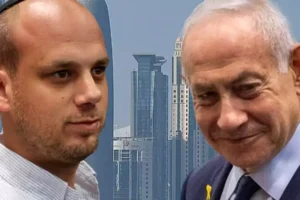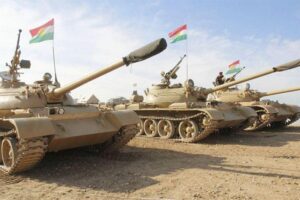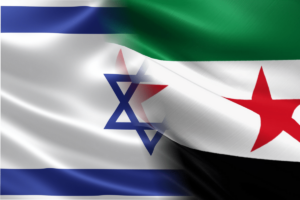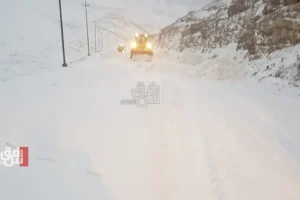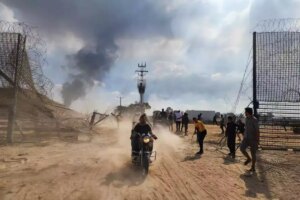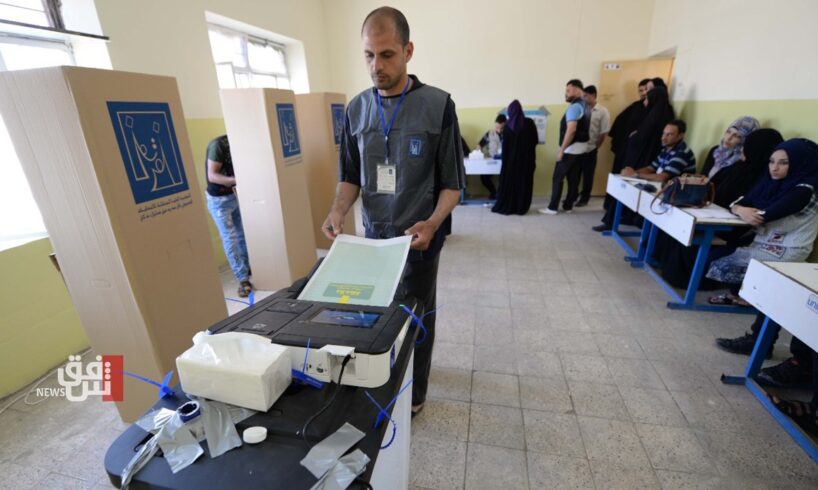
Shafaq News
With Iraq’s parliamentary elections set for
November 11, doubts are mounting over whether the vote will happen on time.
Despite government affirmations of full
readiness, political observers warn that a combination of internal divisions
and escalating regional tensions could lead to postponement, undermine
electoral participation, or challenge the legitimacy of the outcome.
The environment is widely viewed as a
political minefield, with several factors appearing close to detonation.
Sadrist Boycott and Internal Political
Strains
The most pressing concern, internally, is
the absence of the Patriotic Shiite Movement (PSM) led by Muqtada al-Sadr
(known as the Sadrist). This absence continues the political withdrawal that
began with the movement’s exit from parliament in 2022.
In March 2025, al-Sadr announced his
movement’s boycott of the upcoming elections, a decision that has caused
visible unease within the broader Shiite political community. The Sadrist base
holds significant electoral weight in strategic areas in Southern and Middle
Euphrates provinces such as Najaf, Karbala, Wasit, Qadisiyyah (Al-Diwaniyah),
Muthanna, Maysan, Dhi Qar, Babil, and Basra, as well as Baghdad.
A Sadrist boycott could slash turnout in
Shiite heartlands, casting doubt on the vote’s legitimacy and pushing Iraq’s
politics into uncharted territory.
Another source of internal pressure stems
from perceptions among Iran-aligned factions, known as the Coordination Framework, that efforts are underway to exclude them from Iraq’s political
future. Although these groups intend to participate in the elections, internal
sources told Shafaq News that they are facing unprecedented levels of pressure.
Sources told Shafaq News the factions face
“unprecedented external pressure and internal targeting,” straining their ties
with voters. This climate, they argue, is damaging the relationship between
these factions and their voter base.
Security is fragile. No major threat has
emerged yet — but sudden shocks remain a real possibility. The situation
remains technically viable, but stability is fragile.
In addition, there is widespread
dissatisfaction with the content of the electoral discourse. Campaigns and
political programs have largely failed to engage with Iraq’s pressing
socioeconomic issues. Persistent electricity shortages, severe water scarcity
across regions, and growing concern over the Iraqi dinar’s exchange rate have
yet to be meaningfully addressed in the platforms of the main electoral
contenders. This disconnection between political messaging and public needs
further alienates the electorate and raises questions about the utility of the
elections themselves.
Regional Tensions Threaten Election
Calendar
And the risks don’t stop at home — regional
tensions add more uncertainty. The regional environment, already strained by
economic pressures and security crises, casts a long shadow over Iraq’s ability
to proceed with elections as planned. Analysts are divided: while some argue
that sufficient political will and international guarantees could ensure the
elections go ahead, others warn that the regional threats far outweigh
procedural readiness.
A fresh Iran–Israel clash looms as the
biggest threat to Iraq’s election timetable. Should the conflict escalate
beyond previously observed limits, the spillover into Iraq could be
immediate—especially through the activation or targeting of Iran-aligned factions
operating on Iraqi soil.
Israeli strikes, such as the recent attack
on Hamas leadership in Doha, have heightened fears that similar operations
could occur in Iraq. Such developments would not only disrupt the security
environment but could lead directly to the postponement of the vote.
Uncertain Path to Participation
Political researcher Nawal al-Moussawi
suggests that the Sadrist Movement may not be opposed in principle to
participation, but remains cautious due to unmet conditions in previous
electoral cycles. Speaking to Shafaq News, al-Moussawi noted that “the
2021 experience, when none of the 13 conditions set by the movement were
fulfilled, is the basis for their current hesitation,” adding that
“popular, religious, and even international pressure exists to meet
Sadrist demands, which could translate into support for figures like Adnan
al-Zurfi or Mohammed Shia al-Sudani, whose platforms show relative distinction
from the Coordination Framework.”
Other voices downplay the likelihood of
disruption. Political analyst Wael al-Rikabi told Shafaq News that “all
conditions—political, financial, and security—are in place for the elections to
proceed.” He described calls for postponement as “unjustified,”
citing previous electoral rounds held under more difficult circumstances,
including during the conflict with ISIS. “Participation is a
constitutional right,” he stated, adding that “those who choose to
boycott are free to do so, but this should not obstruct a constitutional
obligation.”
Still, not all stakeholders share this
optimism. MP Mukhtar al-Moussawi, a member of the Fatah Alliance within the
Coordination Framework, acknowledged that while “current indicators
suggest elections will proceed on schedule,” the continued absence of the
Sadrist Movement could skew representation.
He
told Shafaq News that “the lack of Sadrist participation will impact
Shiite representation, particularly in the southern provinces and Baghdad’s
Al-Sadr City,” adding that internal instability and regional interference
could jeopardize the integrity of the electoral process.
Former MP Raheem al-Darraji voiced deeper
skepticism, expressing doubt that any scenario—including postponement,
extension, or cancellation—could be ruled out. “Nothing is settled,”
he told Shafaq News.
“With the region unstable, Iraq is
caught in the middle — and the outcome is impossible to predict.”
In alignment with that view, political
analyst Ali Habib identified regional conflict as the greatest threat to Iraq’s
elections. He pointed specifically to the Israel-Iran tension, warning that
Iraq could become a “secondary battleground for settling regional
scores” should hostilities resume.
Habib also pointed to US sanctions on Iraqi
armed factions with political representation, arguing that these sanctions
intensify political pressure and may lead to de facto exclusion of certain
actors—potentially increasing the likelihood of postponement.
Written and edited by Shafaq News staff.
